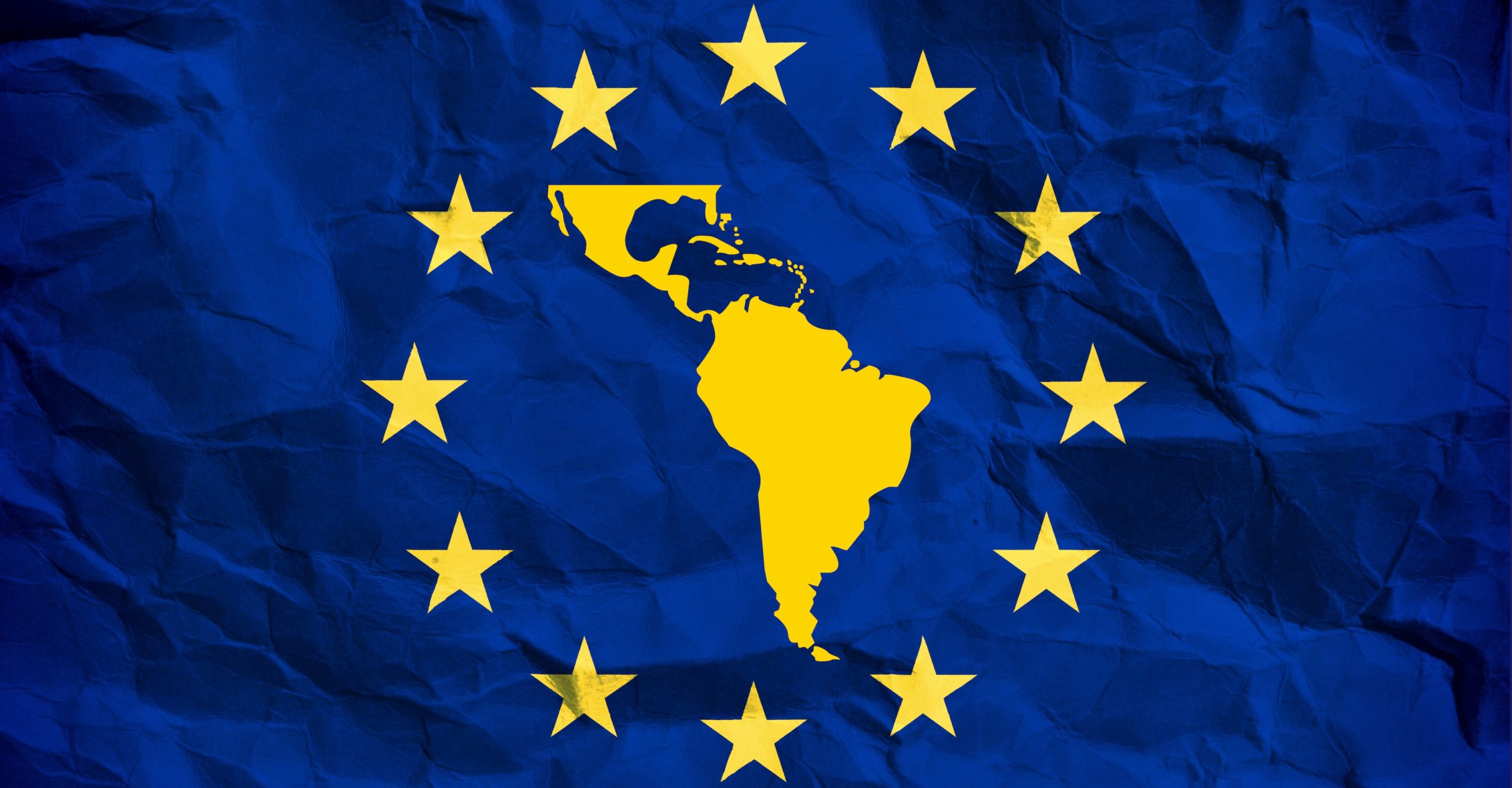Europe is working on a plan to take back Latin America in the face of growing threats from Russia and China.
The first meeting between the European Union (EU) and CELAC (Community of Latin American and the Caribbean States) foreign ministers will take place in Buenos Aires on October 27, which “will be an excellent opportunity to give new impetus to our partnership and agree on a series of concrete measures.”
According to an internal European Commission document sent to the foreign ministries of EU countries, the strength of China and Russia among the 33 countries in the region has increased in recent years, while Europe has lost its presence.

As a result, and with an eye on 2023, the EU is preparing a commercial and diplomatic counteroffensive, with more than €3.4 billion (US$3.42 billion) at stake for investments in 2021-2023.
The move is intended to combat the turn of most Latin American countries toward the so-called New Silk Road, according to the confidential document, details of which are now becoming public.
More than six years ago, China launched a global trade strategy to control the world’s major trade routes and enclaves. At least 21 of the 33 Latin American countries named in the EU report are involved in this project.
The goal is to strengthen the EU’s partnership with the 33 Latin American and Caribbean countries in several areas that share common priorities: green and digital transition and post-pandemic socially inclusive recovery.
The fear of the European Union, which wants to use the Spanish presidency in the last half of 2023 to organize a major summit with Latin American countries, is that the strength of China and, to a lesser but also significant, Russia will not continue to grow.
“The EU’s credibility, power, and influence on the international stage are at stake,” Josep Borrell, vice president of the European Commission, said on more than one occasion. The Spaniard, who is in charge of EU foreign policy, has always advocated that Latin America be a priority for Europe.
One of the report’s main points is the government changes that have taken place in recent years in some countries in the region: Honduras, Peru, Colombia, and Chile.
Probably also Brazil, if Lula da Silva is elected in October this year. The new left-wing governments in Latin America, led by “anti-establishment” candidates, are considered less sympathetic to Atlantic and Brussels policies and have no qualms about closer relations with China and Russia.
“The EU must systematically strengthen its multilateral engagement with Latin American and Caribbean countries in the face of increasing competition with China, Russia, and others for votes in multilateral bodies,” the EU report cited by El País states.
In other words, the document underscores the importance of counting on these countries in geopolitical balances, for which the voice or support of Latin American countries in international forums is critical, especially when tensions are a reality in Ukraine, with a war that is keeping Europe in particular on edge, and in Taiwan, with the threat of a confrontation between China and the United States.
Europe is now considering how to “strategically” use the funds at its disposal to achieve “maximum impact” in the region. Another €8 billion could be added to the €3.4 billion – loans and public and private investments – to strengthen the European presence in Latin America.
This financial injection is one of the Union’s options to revitalize its presence and would be announced during the Spanish presidency of the EU Council (between July and December 2023) if the proposals contained in the document are confirmed.
The Commission document asserts that Latin America is a strategic region for the planet because of its hydrocarbon reserves – oil and gas reserves in Venezuela, Argentina, and Brazil – and its lithium reserves. Argentina, Chile, and Bolivia account for 60% of all lithium.
With information from Latina Press

